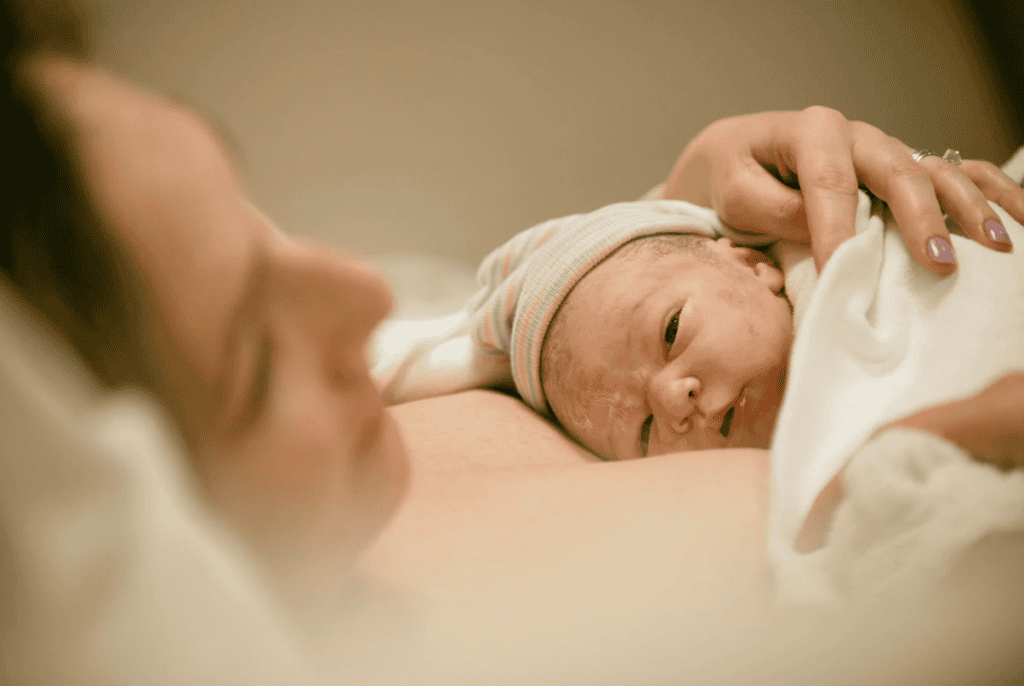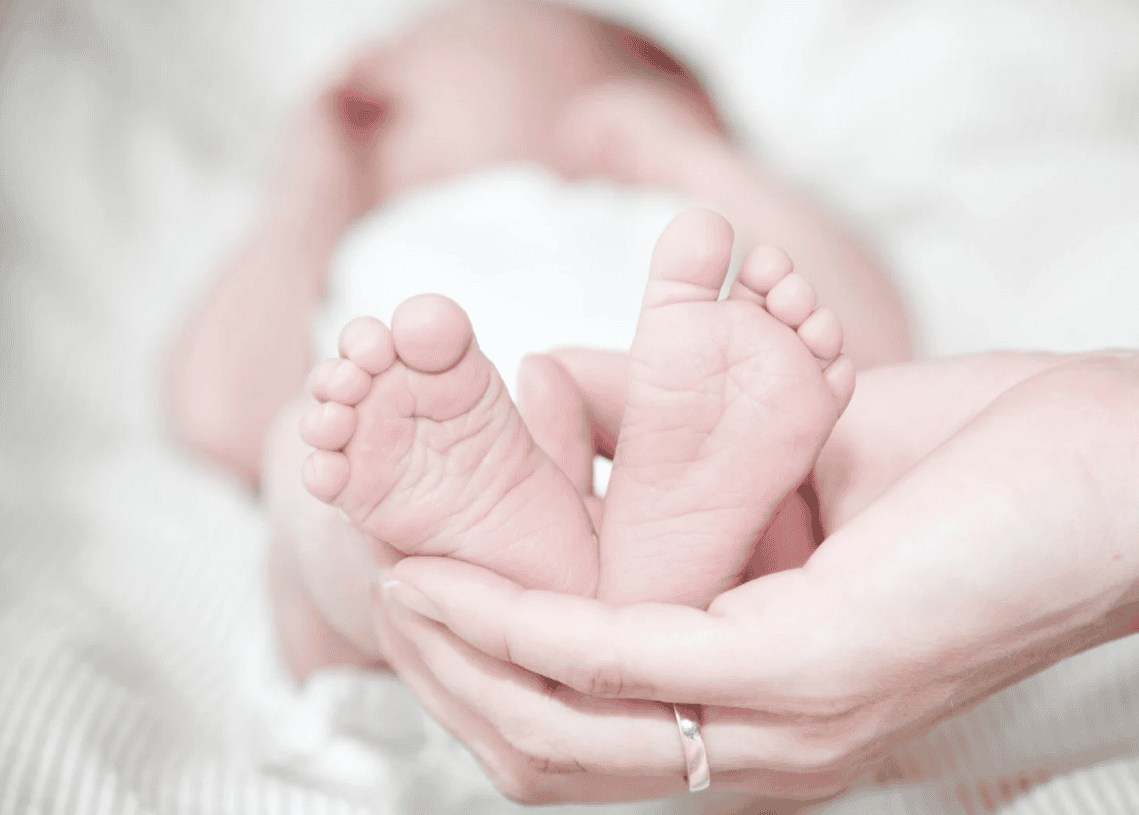Birth injuries bring unexpected challenges. They can range from minor physical traumas to more severe conditions that may affect a child’s long-term development and quality of life. Premature birth, difficult labor, and the size or position of the infant during labor are some of the causes of these injuries.
The most common types of birth injuries include:
- Brain damage
- Brachial plexus injury
- Forceps delivery complications
- Shoulder dystocia
- Spinal cord injuries
- Vacuum extractor complications
- Kernicterus
The birth injuries listed above can lead to numerous emotional and financial hardships for parents. This article talks about coping strategies for the emotional impact of birth injuries.
All You Need to Know About the Emotional Impact
Parents may encounter a wide range of emotions when dealing with a birth injury. Anxiety, sadness, anger, and guilt are all normal emotions. Parents may feel overpowered by the uncertainties surrounding their child’s future or wonder what they could have done differently.
The initial shock and disappointment could become a long-term mental burden if the impairment requires ongoing medical attention and therapy. Parents must understand and validate these feelings since they are a normal response to a difficult situation.

Seeking Support and Information
Seeking help from a variety of sources is one of the best strategies for parents to deal with the emotional effects of birth injury. Parents can learn a lot through online or in-person support groups, connect with others facing similar challenges, and share their experiences.
These organizations lessen feelings of loneliness and foster a sense of community. Seeking advice from medical specialists, like therapists or counselors, can offer direction and coping mechanisms for emotional suffering.
Focusing on the Child’s Well-being
It’s normal for parents to feel overtaken by their feelings, but it could be helpful to focus on the child’s well-being again. One might feel empowered and meaningful by actively participating in the child’s care, attending treatment sessions, and acknowledging little accomplishments.
The parent-child relationship can be strengthened, and positive emotional development can be encouraged by providing a loving and supportive environment for the child. Remember that a child’s capacity to flourish despite the difficulties presented by a birth injury can be significantly impacted by the love and support of a parent.
Practicing Self-Care
Parents dealing with the complexities of birth injuries must prioritize their physical and mental well-being. Stress can be decreased, and general well-being can be enhanced by partaking in self-care activities like exercise, mindfulness, or hobbies.
Parents must also prioritize sleep, maintain a healthy diet, and seek help when needed. Keep in mind that parents who are not taking proper care of themselves cannot properly care for their children.

Exploring Legal Options
Medical malpractice may occasionally be the cause of birth injury. Taking the legal route can provide parents with financial resources to support their child’s continued care as well as a sense of justice. Parents can better understand their rights and alternatives by talking to an experienced lawyer who specializes in birth injury claims. Legal action may provide the child with a sense of finality and future security.
Final Thoughts
Parents may experience emotional difficulties as a result of birth injuries, but they are not alone in their struggles. Seeking support, focusing on the child’s well-being, practicing self-care, and exploring legal options can help parents cope with the emotional impact of a birth injury.


